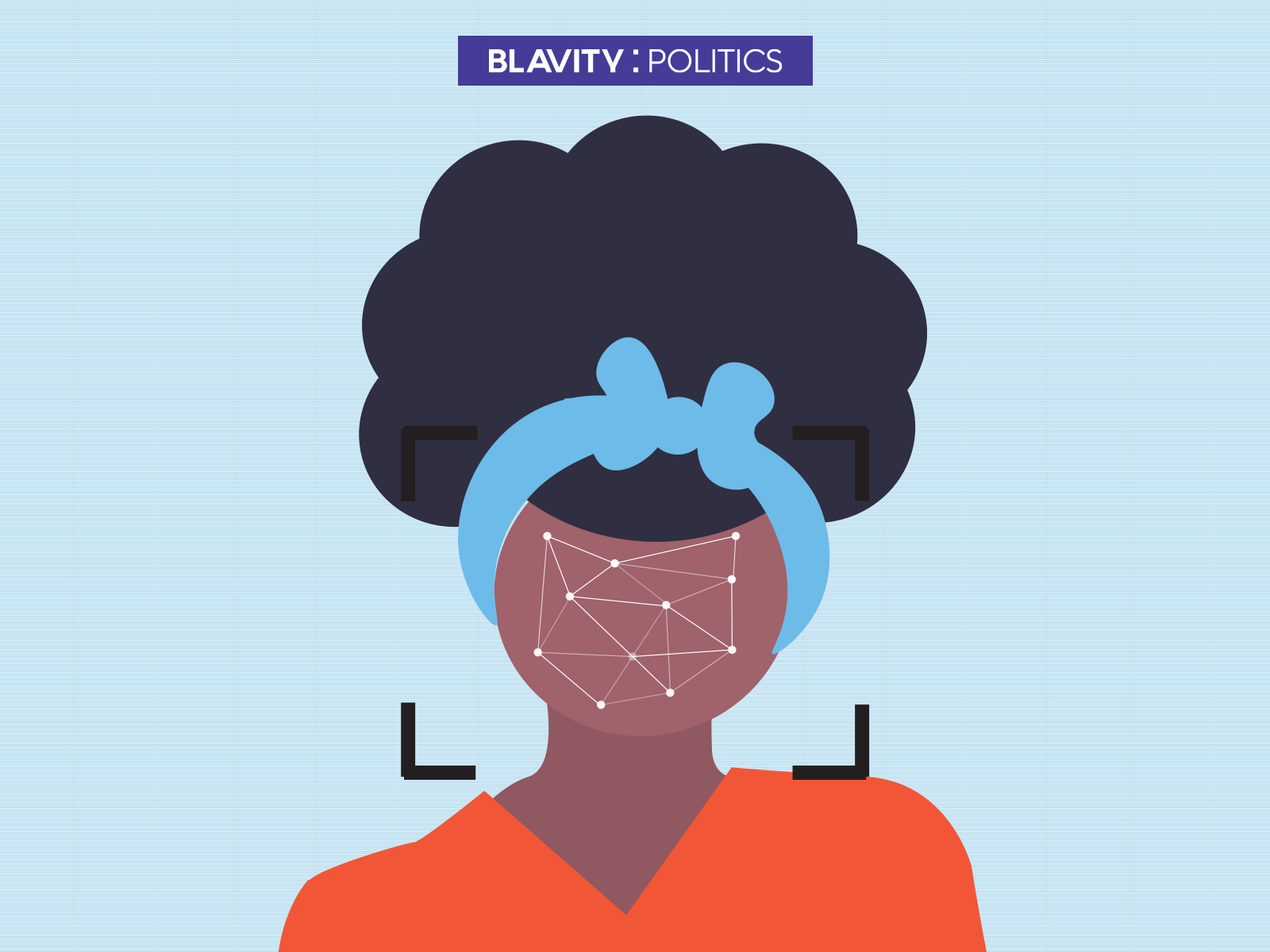This is the weekly column written by Blavity: Politics Senior Editor Kandist Mallett.
Since 9/11, traveling through airports has become a test of what one is willing to do to be able to have the convenience of flight. There are the lines as you wait to go through TSA screening, taking off your shoes and belt, and praying that your hairbrush doesn’t get confused for a weapon, causing you to spend an extra hour waiting for the TSA agent to go through your personal belongings while a long line of others also wait impatiently. These annoyances are expected and have been largely accepted as what one must endure in exchange for presumed safety. Yet, depending on your gender (or lack thereof) and race, going through security checks in airports can be another level of invasiveness.
If you’re a Black person who wears their natural hair, how often have you been stopped during the TSA security check to have your hair touched? For me, it’s quite often. I even try to go through the lines with a Black woman TSA agent so they can only do the half-check instead of actually putting their fingers in my hair like non-Black TSA agents do. Officially, TSA agents aren’t supposed to do this; an ACLU administrative complaint filed in 2015 was supposed to stop this. But, even after specific training on how to properly screen Black women's hair and not discriminate, TSA is still touching Black women’s hair.
And if it’s not my hair, it’s my body. When traveling, I purposely wear tight-fitting clothing with no zippers or buttons to keep the TSA radiation screening machine from falsely detecting something. I learned this lesson the hard way after traveling while wearing a long skirt with buttons up the middle. The buttons of my skirt alerted the scanner, which prompted me to have to be physically inspected. The agent acknowledged that the scanner went off because of the buttons on my skirt but continued to physically search me anyway. This search required her to feel in between my inner thighs and the back of my ass. I felt physically violated, but what is one supposed to do when they just want to make their flight?
This sort of physical harassment one is subjected to when wanting to travel is just one aspect of it. Thanks to modern-day technology, our bodies can now continue to be violated even when we're not in the airport.
When I was returning from an international trip, I was startled to find out that part of my clearance process to leave the airport was having to use a facial recognition machine. As I stood in the line and saw the machines, I quickly asked a TSA agent what the option was for someone who did not want to participate in the government's newest biometrics venture. I was told there was no alternative option and that no one had ever asked to opt out before. I asked another agent because, clearly, there must have been another option available. There's no way they can make people scan their faces into some unknown machine to do who knows what with the data collected. Yet, that is exactly what they were demanding.
Some might be reading this and thinking, "Who cares? Just let the government scan your face." As someone who covers the surveillance technology and data breaches that occur, having my biometrics stored in the Customs and Border Patrols data site is something I had hoped to avoid. Even recently, The Washington Post reported on a CBP data breach at an undisclosed border location, “Customs officials said in a statement Monday that the images, which included photos of people’s faces and license plates, had been compromised as part of an attack on a federal subcontractor.” CBP said officials are monitoring to see if any of that information is being sold on the dark web (stares into the camera).
So not only are we being forced to give the government our biometrics in exchange for being able to travel, but these departments are not even equipped to ensure that our data is protected.
After being denied the ability to opt out of the facial recognition portion of TSA/CBP screening, I had no choice but to comply. I scanned my passport and then the machine scanned my frowning face. I filled out a questionnaire that is usually provided when one is returning from international travel. In the end, a small sheet was printed with my face on it and the information I had provided. Then, I was told to give the sheet to a CBP officer, who then took the opportunity to hit on me and suggest I travel more often so I can "see him again"; yet another hurdle of non-consent I must deal with in order to be free from the airport walls.
Getting hit on only furthered the feeling of violation I felt leaving the airport. And while all of these screenings and security checks are all done under the guise of safety, I did not feel safe when going through them.
It's been almost 20 years since September 11, and as consent begins to gain more ground in our everyday conversations, it's time that extends to the government's control over our bodies as well.
